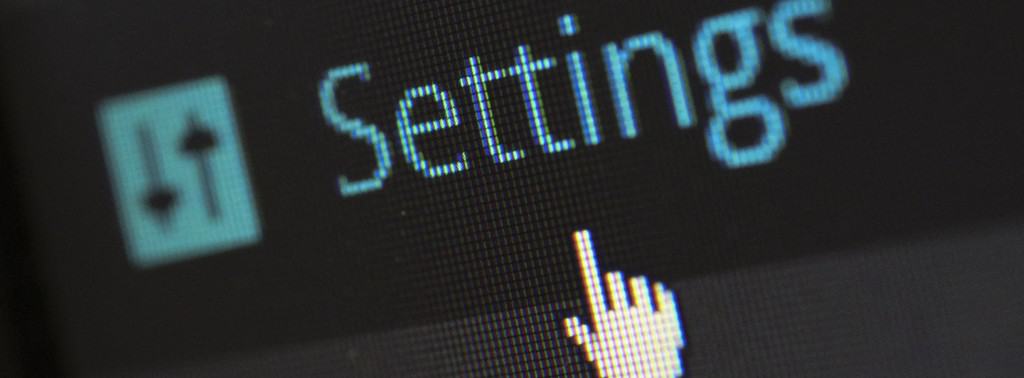Organisations need to upgrade any instances of Windows 7, Server 2008, Small Business Server and Exchange 2010 that they may be using.
What’s the issue?
As of January 2020, Microsoft will end support for Windows 7, Server 2008, Exchange 2010 and Small Business Server. This means that from this date, no further security updates or patches will be issued for these operating systems and applications.
The problem? The Windows 7 operating system is still being run by over two-fifths of all Windows PCs. Server 2008 and Small Business Server are similarly popular solutions.
Potential issues
The security threat posed by these platforms becoming unsupported is so serious it has even been addressed by the US Government’s National Security Agency, which has warned of a “devastating” and “wide-ranging impact”.
We have already witnessed the potential damage of security weaknesses in Windows operating systems. 2017’s Wannacry attack saw over 200,000 PCs infected with ransomware in approximately 24 hours, crippling computers used by businesses and the NHS among many others.
Most infected machines were running Windows 7 and one theory suggests that it was a lack of recent security patches that allowed the issue to become so wide-reaching. Once Microsoft stops patching Windows 7, Exchange 2010 Server 2008 and Small Business Server, it’s only a matter of time before more vulnerabilities are found.
In addressing this threat, however, some organisations will face other issues. There’s a variety of bespoke software solutions (often industry-specific) that organisations may rely on that are themselves legacy. Some of these applications will not run on more modern versions of Windows operating systems. As a guide, 32-bit programs are at risk of not working, while 16-bit programs will definitely not work.
Organisations may, therefore, need to make more substantial changes to the software they use and potentially the way they work.
Action
Organisations need to upgrade all instances of Windows 7, Server 2008 and Small Business Server by January 2020 to avoid a potential security risk. It’s advised that they migrate to the latest versions: Windows 10 for PC, and Server 2016 or 2019 for servers.
While PCs are more straightforward, servers require more time and planning. The process of upgrading a server’s operating system may take several days depending on the amount of data on the server. The server may also be unavailable for part of this upgrade time, potentially having an impact on business operations. This is why this task should not be left until the last minute.
Equally, organisations need to be sure that their server is even compatible with operating system upgrades. If not, hardware upgrades or full server replacement may be required.
Likewise, checks need to be made that any software running on a server using Server 2008 or Small Business Server will run on the latest Windows server operating system. If not, there’s potentially more work to do. In some cases there will be some smart virtual solutions that can be used to get around this; in others, a more seismic change in business software will be required.
Equally, while a software upgrade is available for Exchange 2010, it may also be time to consider either a Microsoft Office 365.
Given the potential time scales, it’s advised that organisations act now to ensure they are ready for the end of Microsoft’s support. Should you need advice, Akita’s experts can assess the best solution for your organisation’s IT.
To discuss Windows 7, Server 2008, Exchange 2010 and Small Business Server upgrades, please get in touch.




